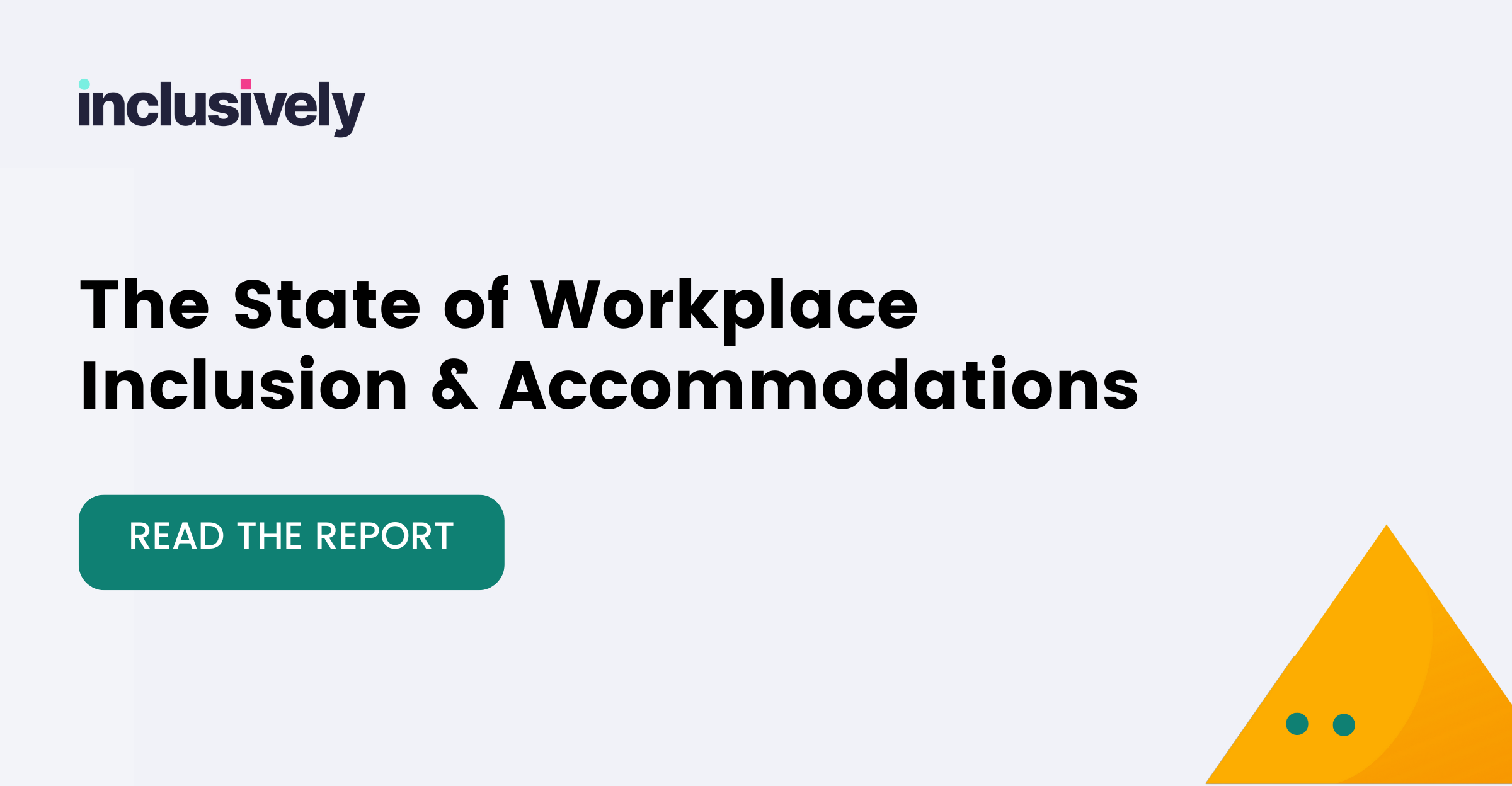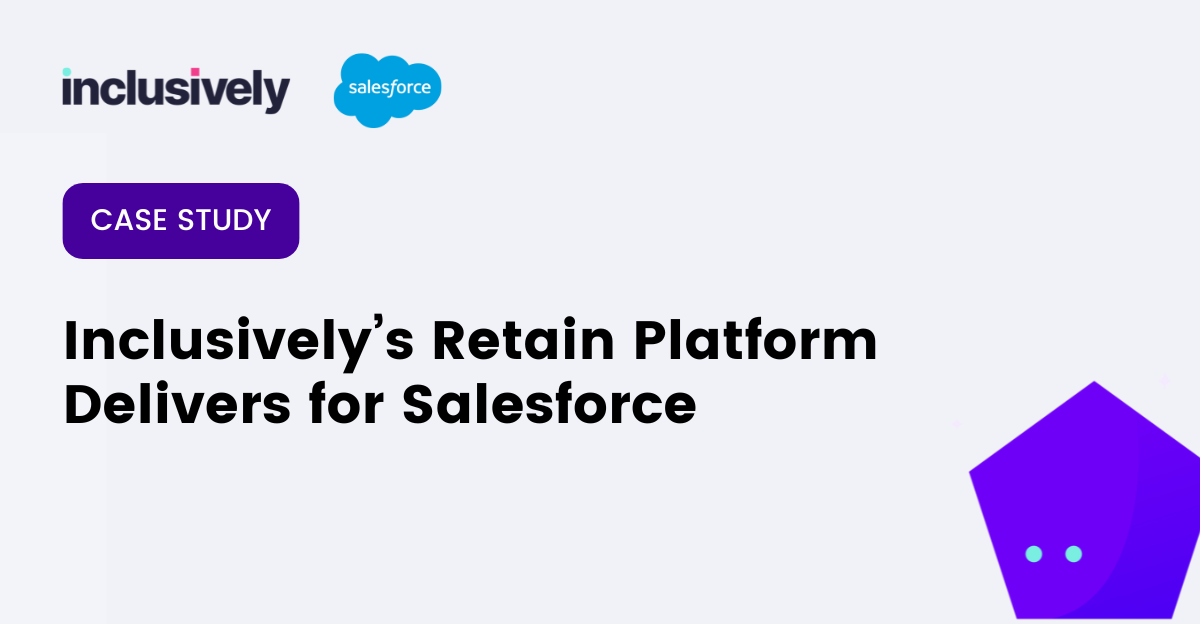There are several common misunderstandings regarding disability inclusion in the workplace.
For one, many employers assume it’s expensive. Others view it as a complex and daunting challenge.
However, a 2023 Department of Labor report revealed that nearly half of the accommodations provided for employees with disabilities incur no costs for employers. Even when costs are involved, they are typically minimal, with a median one-time expense of just $300.
Implementing these accommodations doesn’t have to be a difficult process. With the right partners and tools, companies can provide the necessary support for their disabled employees, often finding the process simpler than anticipated. This not only benefits employee well-being and productivity but also contributes significantly to overall organizational success.
The prevalence of workplace disability is higher than commonly assumed.
While many companies estimate that only 4% to 7% of their workforce consists of people with disabilities, research by the Boston Consulting Group indicates that the actual figure might be closer to 25%, including individuals with health conditions or disabilities that limit significant life activities.
Furthermore, disability is a near-universal experience, likely to affect almost everyone at some point in their lives. For this reason, employers need to proactively create inclusive environments to future-proof their workforces.
Modern workers prioritize personalization. They seek specific accommodations for their needs and preferences, influencing their decisions to stay with or join a company.
Recent studies indicate that Gen Z and millennials currently constitute approximately 38% of the global workforce, a figure expected to rise to about 58% by 2030. This generation has grown up with accommodations in school and the ability to personalize almost everything in their lives.
They demand the same flexibility in the workplace, seeking personalization and tailored accommodations.
Companies are inevitably being pushed towards more adaptive and flexible working environments.
AI tools can help drive inclusion.
As companies transition back to office settings, they face an influx of accommodation requests. In the past, HR and accommodation teams handled such requests reactively through ticketing systems. This approach often led to delays and inefficiencies.
AI, however, is transforming this reactive approach into a proactive and personalized one. Tools like Retain help companies understand and address accommodation needs efficiently. By learning from employee interactions and preferences, AI systems can offer tailored recommendations, thereby enhancing employee satisfaction and productivity.
Retain suggests accommodations for both employees unaware of what to ask for and employers unsure of what they can offer. It’s smart enough to make recommendations without having to talk to a person. Doing that means employees don’t have to disclose their personal details or self-identify as having a disability. That maintains privacy and reduces bias.
It levels the playing field, making it easier for employees to access the support they need, without the fear of judgment or discrimination that sometimes comes along with it.
The involvement of AI in employee experiences is set to grow.
AI will revolutionize recruitment and retention strategies. As it takes on more responsibilities, HR professionals will shift focus from routine tasks to strategic decision-making. This evolution will actually render the HR function more crucial within organizations.
However, challenges such as a potential over-reliance on AI must be addressed. Organizations need to balance AI and human decision-making, ensuring ethical guidelines and comprehensive AI training.
The demands of modern workers are evolving. AI is helping employers keep up — and tools like Retain help them create workplaces that value inclusion.

